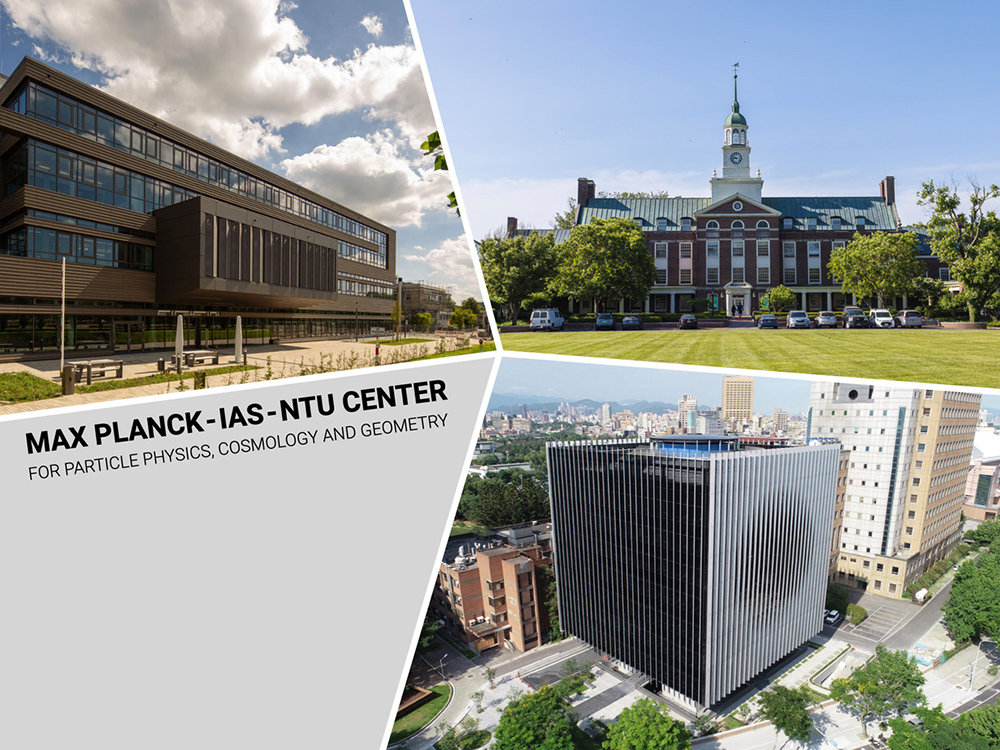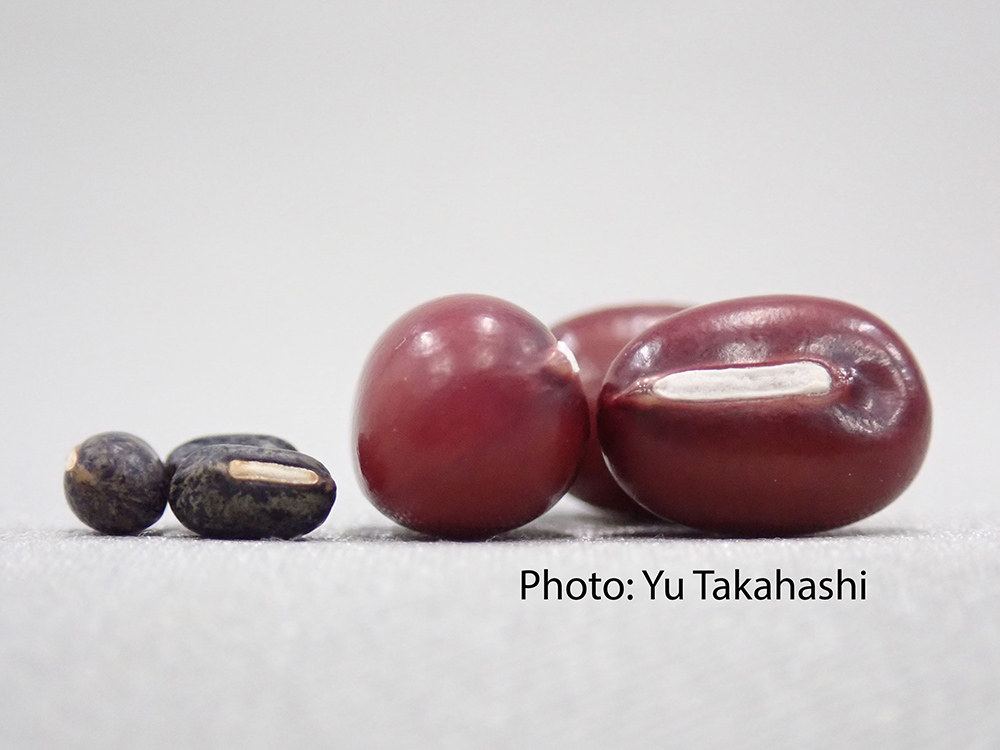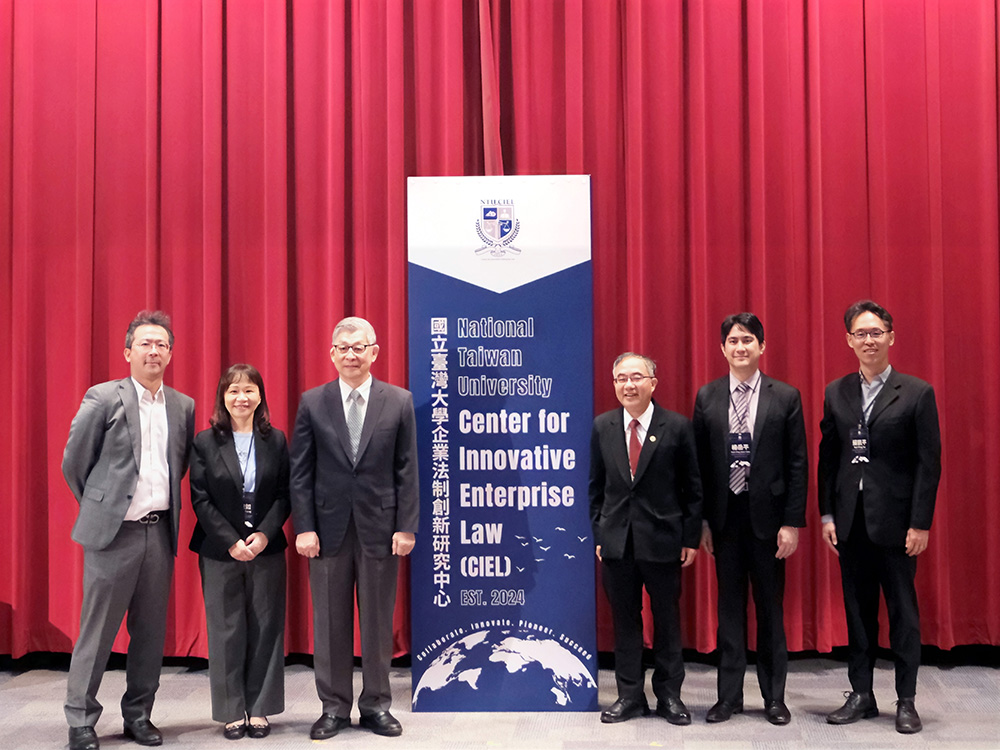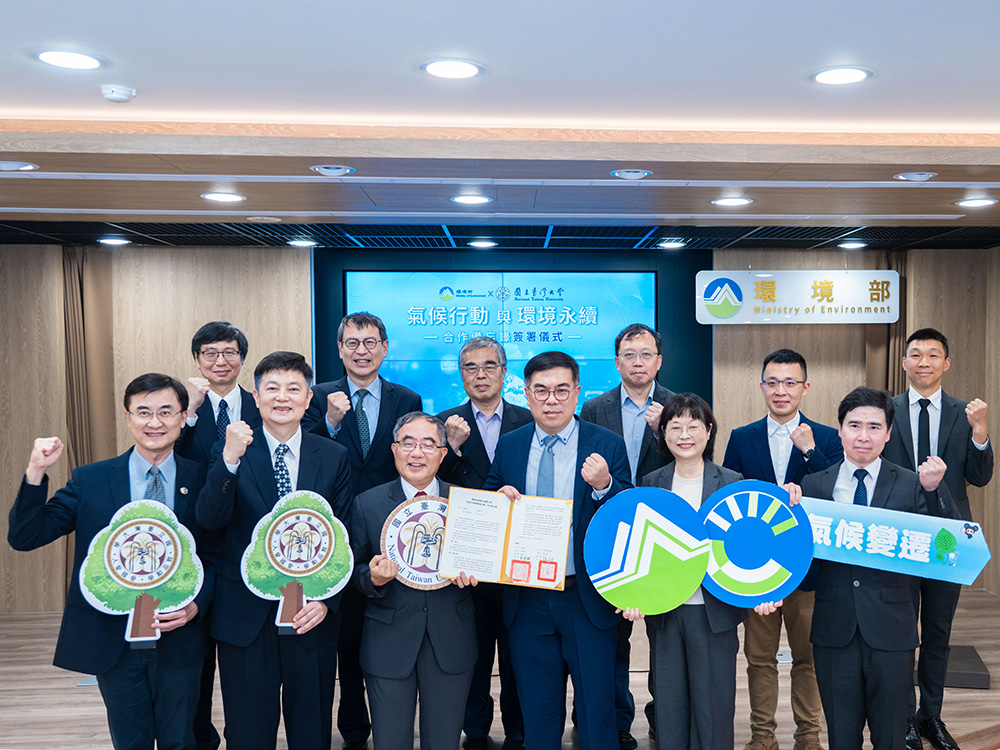
A new milestone for science at NTU: The inauguration of the Max Planck-IAS-NTU Center
瀏覽器版本過舊,或未開啟 javascript
請更新瀏覽器或啟用 javascript
Spotlights
Prof. Wei-Shiung Yang wins the 2024 Ministry of Education National Excellent Teacher Award.
Prof. Wei-Hsun Yang, a Distinguished Professor at NTU’s Department of Medicine and Dean of the Medical Research Department at NTU Hospital, was recently awarded the 2024 MOE Excellent Teacher Award. Prof. Yang has pioneered numerous courses for the College of Medicine and improved the content and systems of its graduate education. He has also enhanced the research environment and system for students of the Medical Research Department, enabling them to apply their knowledge in research. His dedication to teaching is evident by his reception of Outstanding Teaching Award eight times and Distinguished Teaching Award twice. His achievements are remarkable, and the entire NTU community admires his passion for teaching and his commitment to improving courses and systems and congratulates him on winning this well-deserved award.
Prof. Yang firmly believes that a well-structured educational system can have a more long-lasting impact than individual teachers combined. Modern teaching should focus on cultivating a lifelong learning habit instead of solely imparting knowledge. He contends that educators should not only strive for personal success but also work towards improving the educational system. This approach ensures that the benefits of education are more widespread, profound, and consistent to result in sustainable development.
Prof. Yang graduated from NTU’s Department of Medicine. After serving as a resident doctor of internal medicine and undergoing subspecialty training in metabolic endocrinology at NTU Hospital, he went to the United States to pursue a Ph.D. in genetics. He returned to Taiwan to serve as NTU faculty in 1998 and was later promoted to full professor in 2008, and received the title of Distinguished Professor in 2014. From 2010 to 2015, he served as the Director of the Developmental Biology and Regenerative Medicine Research Center; from 2015 to 2021, he was the Director of the Graduate Institute of Clinical Medicine; and in 2019, he became the Director of the Medical Research Department of NTU Hospital. His performance in these leadership roles has been exemplary and widely recognized.
Prof. Yang is recognized numerously for his teaching and research achievements, including eight Outstanding Teaching Awards, two Distinguished Teaching Awards, the 2007 NSTC Distinguished Research Award, and many others.
When advising graduate students, Prof. Yang meticulously considers each student’s intellectual strengths and aspirations. Many of his students have gone on to have successful careers and often return to his laboratory for academic discussions and career mentorship. Of all his advised graduates, nine have been appointed as university professors.
Learning himself being awarded, Prof. Yang thanked the selection committee for their recognition. He said that in this era of information explosion, the ways and sources of knowledge dissemination have become more diverse and complex, making the role of educators even more critical. Educators must equip students with the ability to discern truth from falsehood. To meet the ever more diverse needs, teachers must continuously evolve and innovate, and so should the education system. It is no longer appropriate to evaluate students with a uniform standard or resort to authoritative lecturing. Instead, education should be tailored to individual abilities and preferences, seeking to offer enlightenment.
Prof. Yang also stated that for medical professionals, teaching, research, and clinical service are three key aspects of their work, with teaching being the least self-profiting yet the most altruistic. Education is a crucial means of knowledge transmission, and its quality reflects the quality of underlying society and civilization. When he guided graduate students in medical research, he did not solely focus on research outcomes; the process of investigation is also an integral part of education. Medical education is not just about transferring knowledge but also about nurturing the next generation of medical professionals, equipping them with the ability to explore the future and obtain new knowledge. This process teaches them scientific rigor and ethical altruism while ensuring that medical research is aligned toward improving human health.

A new milestone for science at NTU: The inauguration of the Max Planck-IAS-NTU Center

A Distinguished Global Research Center Established at NTU under Trilateral Cooperation

Collaborative study between NTU and Japan uncovers the origin of Adzuki Beans and agriculture in Japan

NTU Launches Center for Innovation in Enterprise Law—with Forum Highlighting Trump’s Policy and Legal Shifts Amid Geopolitical Tensions

NTU and Ministry of Environment Sign MOU to Advance Net-Zero Transition and Environmental Resilience
Current Spotlights